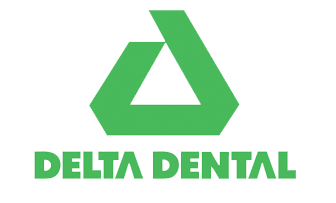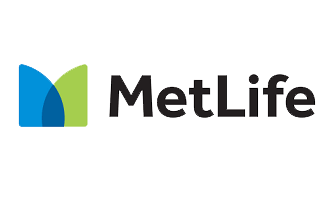ABOUT US
More Than Insurance Brokers, We Are Your Benefit Partner
Employee benefits are a vital tool in building a successful, profitable company. However, balancing costs and managing benefits in today’s insurance landscape is not easy. Today’s Benefit Solution Group can help. We get best results by practicing a “people first” approach to consider and provide benefits that fit the needs of both the employer and their employees as a whole. But, just as important, we help clients succeed by providing something more harder to come by today – superior customer service that goes far beyond what the ordinary broker provides. LEARN MORE ABOUT US

OVERVIEW
Employee Benefits &
Benefit Management Services
Employee Benefits
Plan design, customized to fit the unique needs of your business and it’s employees.
Cost Saving Plans
Tax-advantaged plans allow employees to pay for premiums and healthcare with pretaxed dollars.
Online Enrollment
Our cutting edge online platform where employees can compare plans and enroll in all your programs.
HR Support
Value add compliance and administration services to help you be more efficient and avoid penalties.
Voluntary (Worksite) Benefits
At little or no cost, these benefits have been proven to increase the overall wellness of your employees and your bottom line.
Key Person (Executive) Benefits
Reduce your risk and protect your business and it’s key executives with Key Life, Disability and other special coverage.
Voluntary (Worksite) Benefits
At little or no cost, these benefits have been proven to increase the overall wellness of your employees and your bottom line.
Key Person (Executive) Benefits
Reduce your risk and protect your business and it’s key executives with Key Life, Disability and other special coverage.
FOR INDIVIDUALS, FAMILIES & MEDICARE ELIGIBLE
Individual Health Insurance &
Supplemental Policies
We can customized a personal insurance program that provides the protection you need, while meeting your financial objections.
CONTACT US
Request a FREE Quote
or FREE Needs Analysis
VALUE-ADDED HR SUPPORT
Administration & Compliance
As Benefit Advisors and HR Professionals we are are continually updating ourselves on industry trends and regulations, as they emerge. We are committed to helping all clients stay abreast of market trends, risk and government compliance issues which continue to change constantly.
Compliance
We help reduce your risk.
We, along with our carriers and HR partners, assist with the following day-to-day and sometimes complex compliance requirements associated with your benefit programs.
- COBRA – enrollment, filings and employee communication
- HIPAA – PHI compliance
- ERISA – wraps, filings, SMM, SAR, notices
- AFFORDABLE CARE ACT – compliant benefit design, reporting, employee notices and more.
Administration
We’ll handle for you.
We assist with the tedious administration tasks associated with the following types of benefit programs.
- Flexible Spending Accounts (FSAs)
- Health Savings Accounts (HSAs)
- Health Reimbursement Accounts (HRAs)
- Premium Only Plans (POPs)
- Fully and partially self funded health plans
Administration
We’ll handle for you.
We assist with the tedious administration tasks associated with the following types of benefit programs.
- Flexible Spending Accounts (FSAs)
- Health Savings Accounts (HSAs)
- Health Reimbursement Accounts (HRAs)
- Premium Only Plans (POPs)
- Fully and partially self funded health plans

Healthcare Reform
More on the Affordable Care Act
The Affordable Care Act (ACA) was passed to insure everyone has affordable healthcare. However, there are have been several changes to the law, including repealing of the Individual Mandate. Following is a picture of the ACA, as it stands now. However, we urge you to call us for more information as these are only a few of the main highlights and many need help understanding this complex law.
Tax Credit
Tax Penalties
Underwriting Rules
Required Benefits
SERVING INDIVIDUALS AND GROUPS OF 2-400 EMPLOYEES
Our Top Rated Carrier Partners
We have developed long-standing relationships with a wide range of top carriers in the market. As a result, we can, without bias, recommend and combine, when necessary, different offerings to create cost-effective, quality benefits and benefit packages.
































